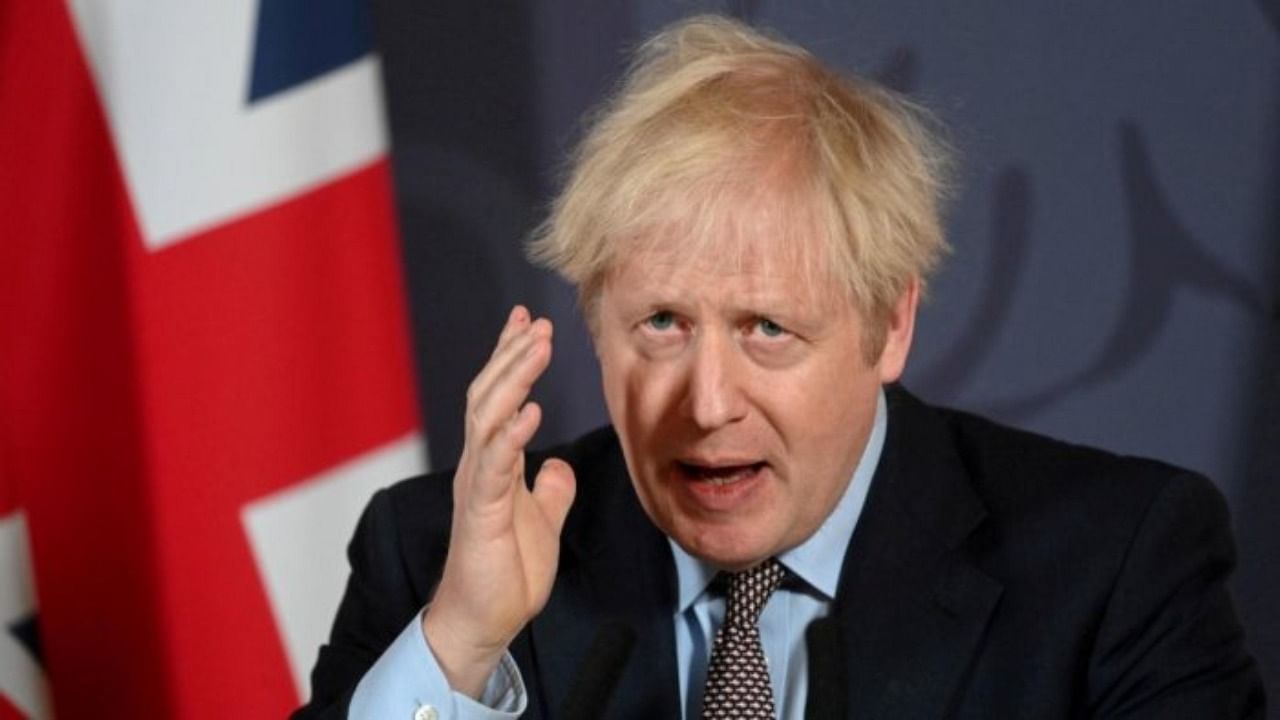
Boris Johnson’s turbulent tenure as Britain’s Prime Minister is coming to an end. He has resigned as leader of the ruling Conservative Party but will remain Prime Minister until the party elects a new leader. His resignation was long overdue. Several times over the past three years, as one scandal after another -- some involving Johnson’s own misconduct and disregard for ethics or the law -- rocked his government, he should have done the right thing and stepped down. He did not, using lies, hubris and bluster to remain in power. Last week, his government was mired in yet another scandal. It proved to be the last straw and triggered the resignation of nearly 60 members of his government, including top cabinet members. Even as his government disintegrated around him, Johnson fought to hang on, until it was no longer tenable.
Johnson had built up his image as a fun-loving, if bumbling, politically incorrect politician. It got him votes, and in December 2019 he led the Conservative Party to a historic win in parliamentary elections. However, his governance was scandal-ridden and morally bankrupt. It stirred a realisation among Tories that his leadership was undermining the party’s credibility. Their quarrels with him were not over big policy matters but on issues of misconduct and impropriety on the part of the Prime Minister. Importantly, in the face of a weak Opposition, it was his own Conservative Party that took corrective action. A month ago, Tory MPs called for a no-trust vote against Johnson. He survived that vote. It took the mass resignation of senior members of his cabinet and government to force him out. Ruling party MPs the world over, including in the biggest democracies, are rarely willing to oust their own leader, preferring to hang on to power and enjoy the spoils as long as they can. They turn a blind eye, and even sycophantically defend and support the leader’s misconduct and misgovernance. The Tories, on the other hand, ousted one of their own rather than defend the indefensible. That is in the finest tradition of democracy.
The race for leadership of the Conservative Party, and thus to be Britain’s next Prime Minister, has begun. Among the candidates are Rishi Sunak, Priti Patel and Suella Braverman, who are of Indian origin, Sajid Javid who is of Pakistani ancestry, and Nadhim Zahawi of Iraqi origin. Britain may not have fully resolved its problems of racism and discrimination, but it is heartening to see that people from its former colonies can aspire -- and perhaps rise -- to the country’s top office.